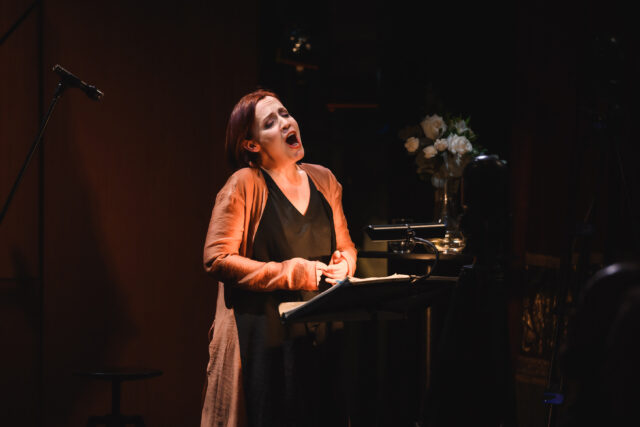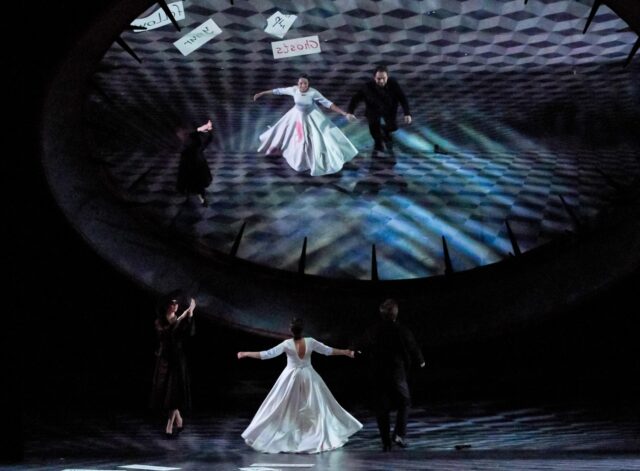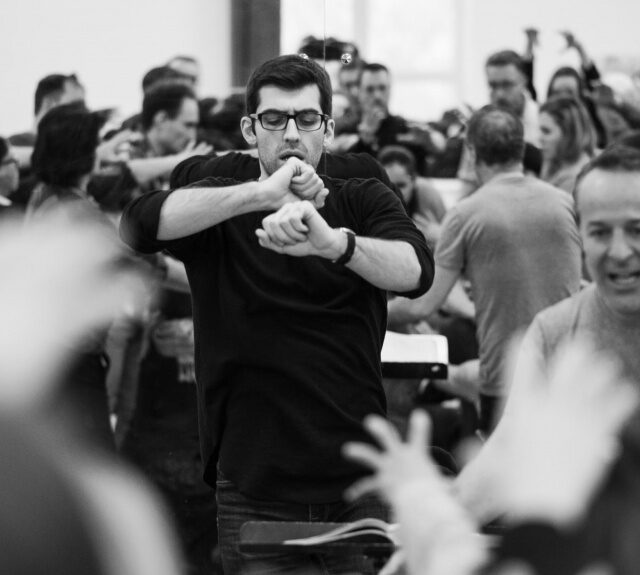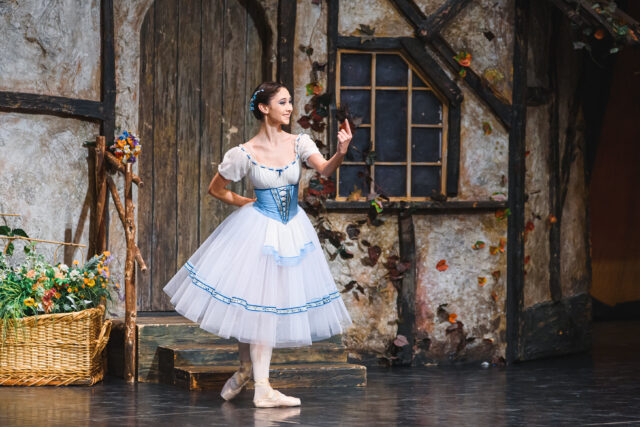From Schubert to Mahler, and Kurtág to the Dead Kennedys, the Greek-Russian conductor reveals his musical inspirations
Vinyl or digital?
Vinyl. Definitely.
What was the first record you bought?
I don’t remember exactly, but one of the first was a live recording of Mahler’s Second Symphony with Otto Klemperer and the Concertgebouw.
…and the last piece of music you bought?
A 78 gramophone disc of Schubert’s piano trio with Thibaud, Casals and Cortot.
What’s your musical guilty pleasure?
There is no guilt. I will answer with one song lyric line: «you’re innocent when you dream.»
If you had time to learn a new instrument, what would it be?
The viola da gamba.
Did you ever consider a career outside of music?
I would love to be a film director.
What single thing would improve the format of the classical concert?
I would put inspiration on the musicians performing music. Deep emotions and heart giving to the audience is the only thing I would add.
If you had to pick one work to introduce someone to the wonders of classical music, what would it be?
The last sonatas of Schubert, or his song cycle, Winterreise.
What is the most unusual venue you’ve performed?
The women’s prison colony in Perm.
What’s been your most memorable live music experience as an audience member?
By far the most significant music experience for me was the Good Friday night service at a monastery on Mount Athos. Those were truly sacred moments blessed by the music.
What is the best new piece written in the past 50 years?
I would say five: Gerard Grisey’s Quatre chants pour franchir le Seuil; Helmut Lachenmann’s The Little Match Girl; Philippe Hersant’s Tristia; György Kurtág Messages of the Late Miss R.V. Troussova and György Ligeti’s Lux Aeterna.
What was the last piece of music you danced to?
Dead Kennedys’ Too drunk to fuck.



